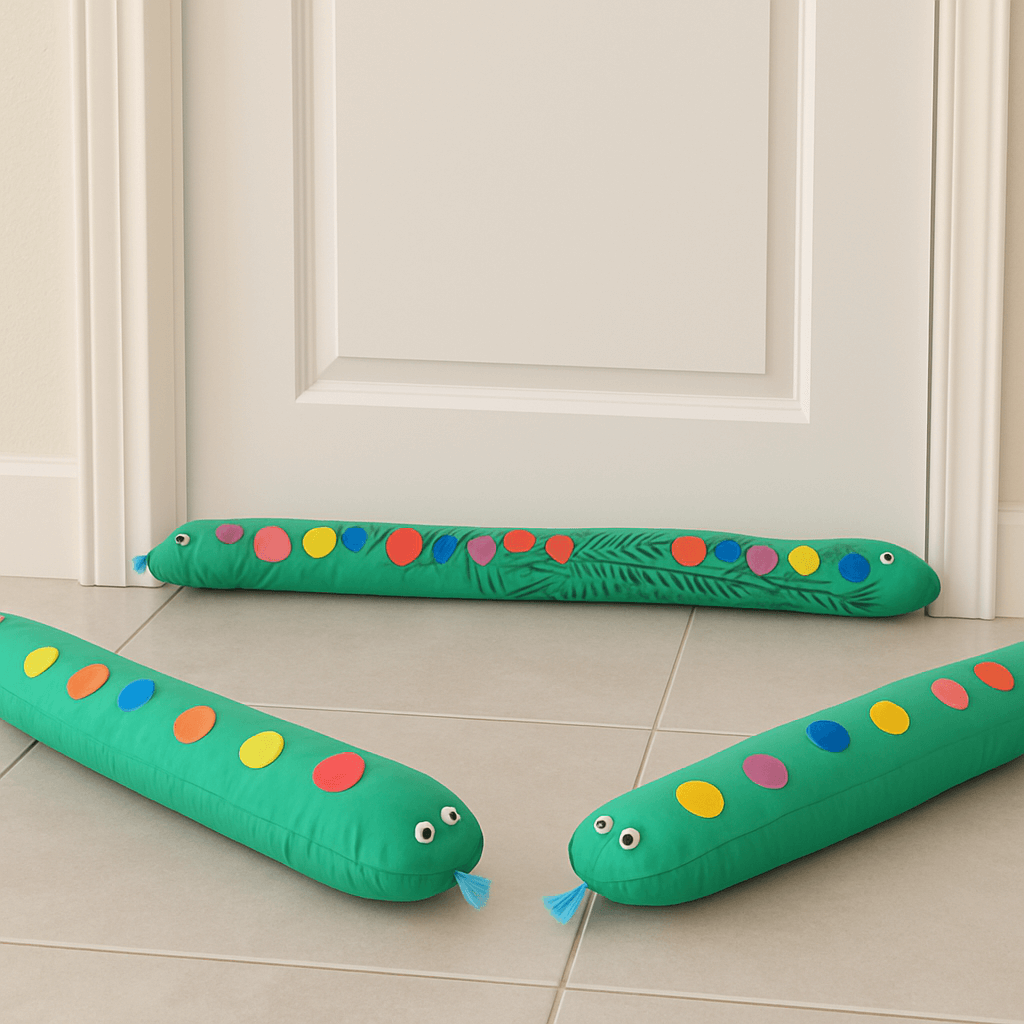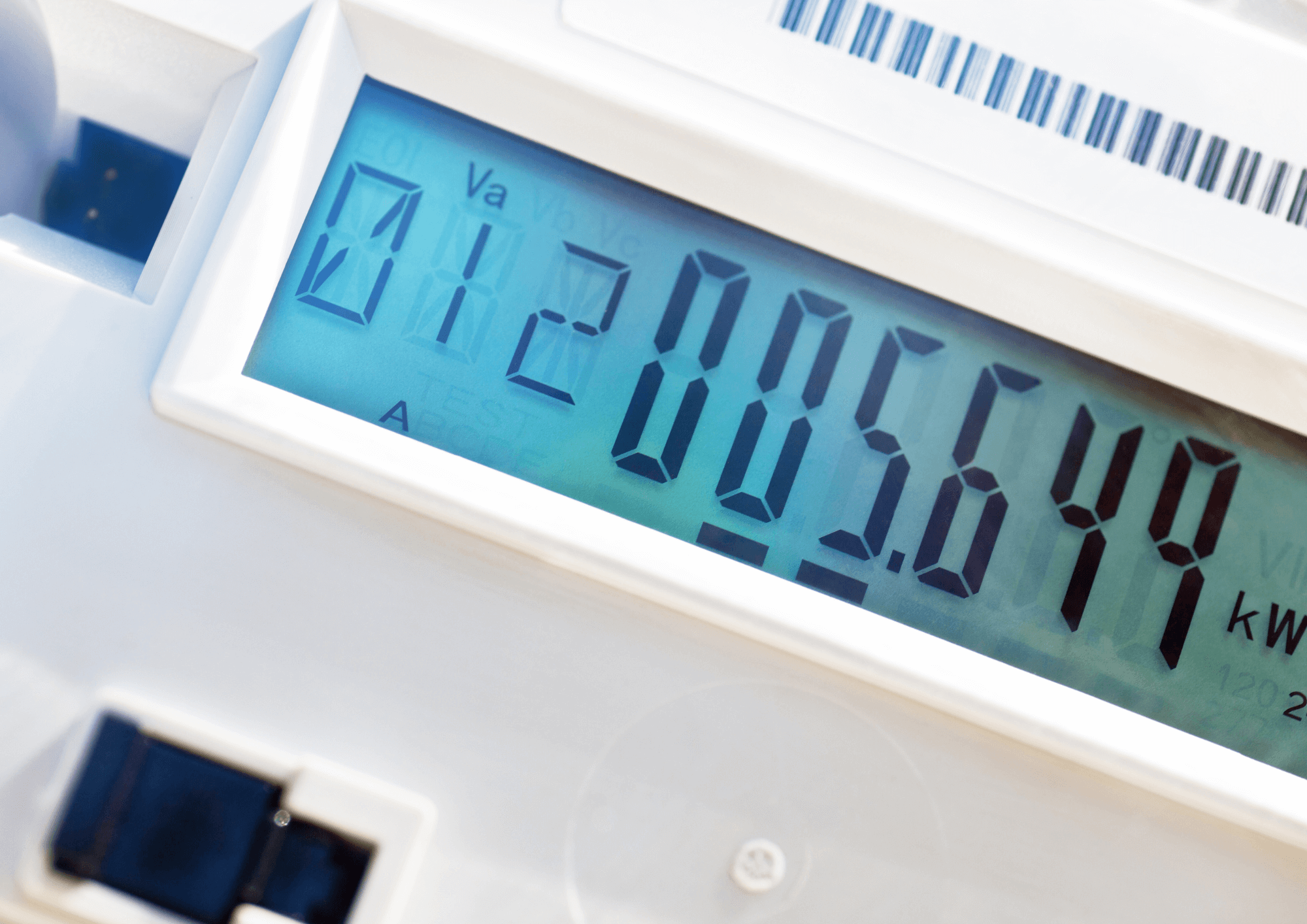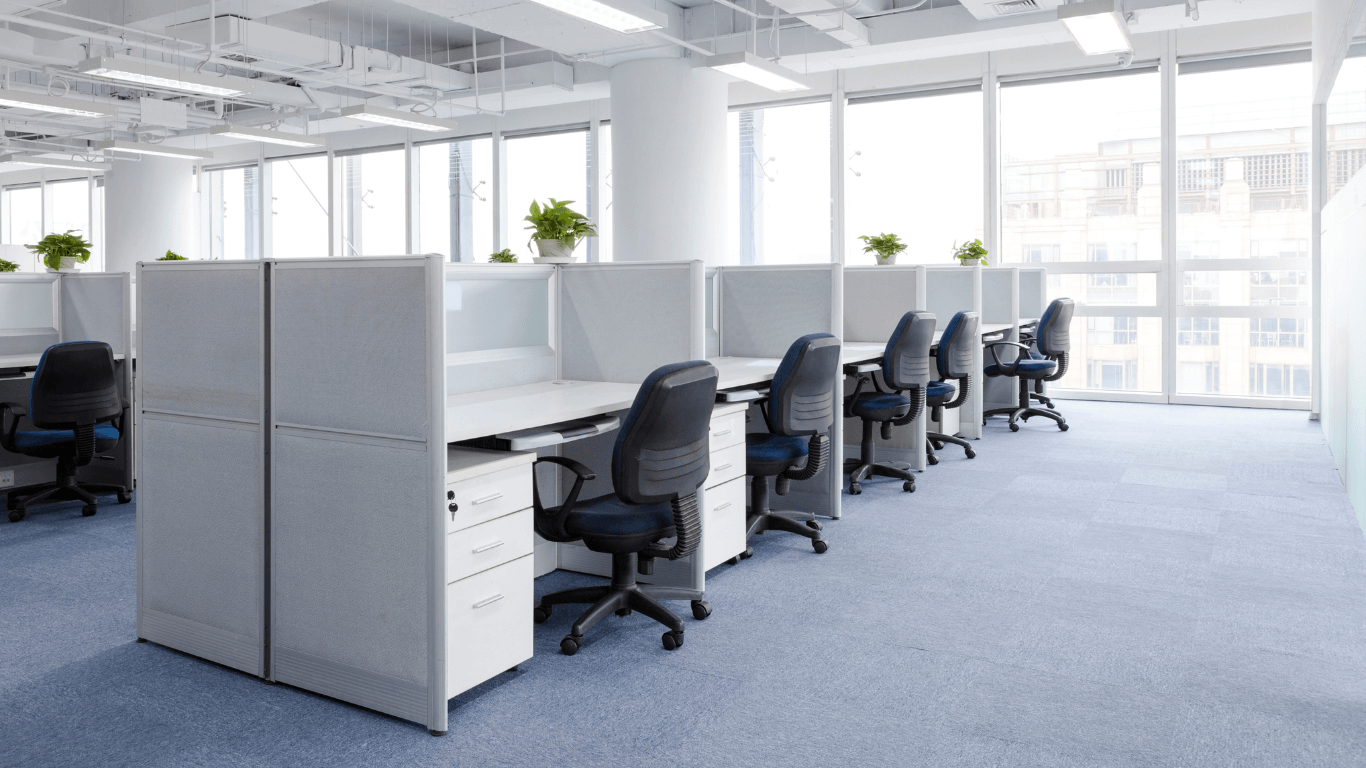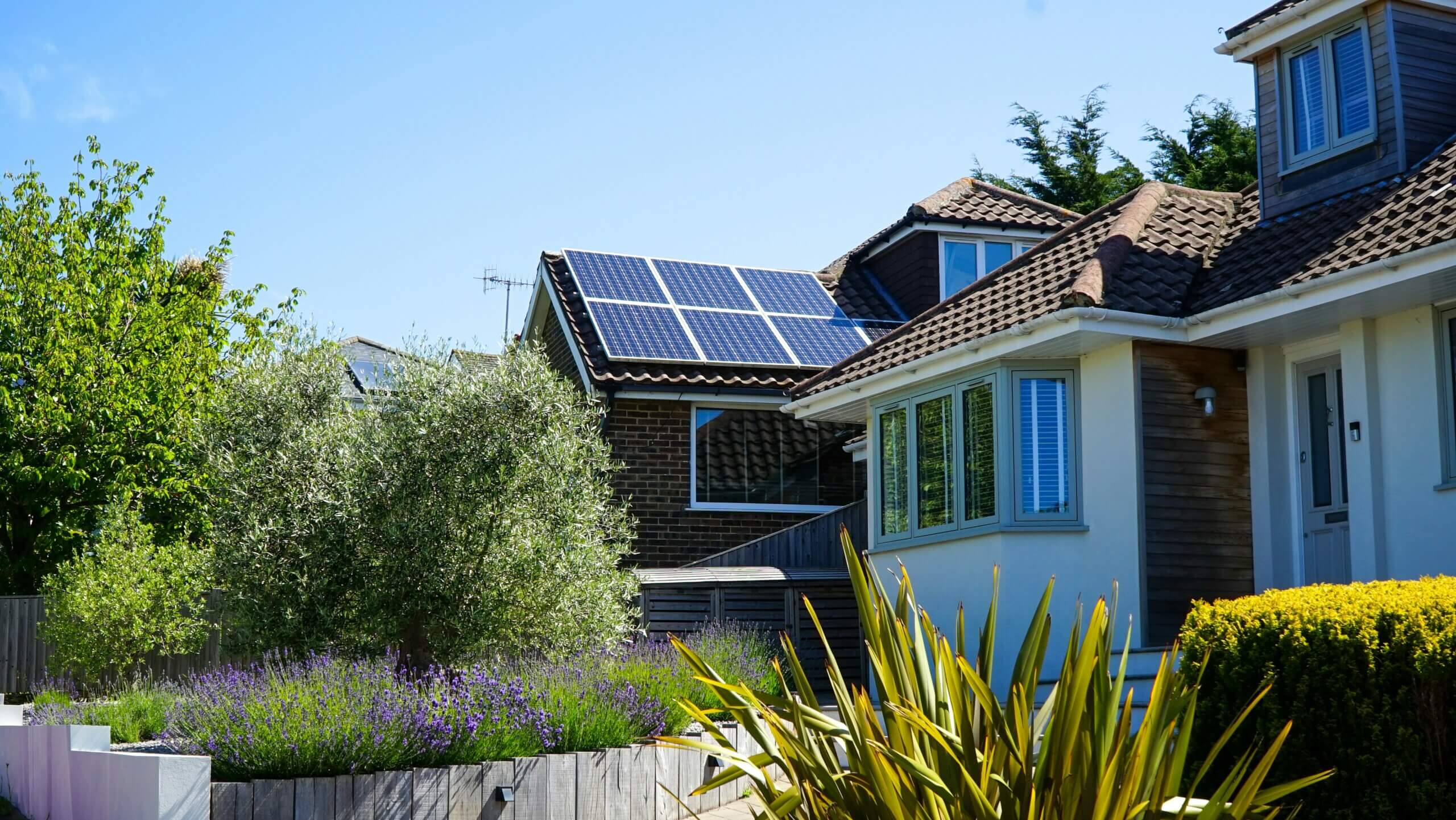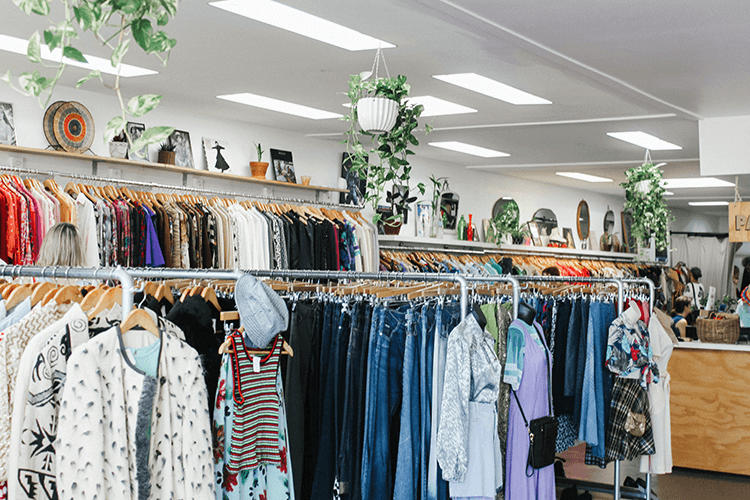SAVE ENERGY
MYTHBUSTING SOLAR INSTALLATION
Clear up any questions you have about installing solar. Nicole Lutze speaks with Your Solar Quotes to clear up misinformation around solar power, and help you install solar at your own home.
Your Solar Quotes (YSQ) was founded back in 2014 with the sole purpose of reducing Australia’s dependence on fossil fuels by helping people harness clean, renewable energy from the sun. At that time, there was no independent service providing free solar information. So, YSQ began creating free resources that compared apples for apples. Seven years later, YSQ has helped hundreds of homeowners find the best solar option and are still diligently working to educate, inform and empower homeowners. Live for Less chats with YSQ Director, Stuart McConaghy, to myth bust solar misconceptions.

Live for Less: What is one of the most common misconceptions people have about solar?
Your Solar Quotes: We speak to hundreds of customers every week, and people frequently think the Federal Government rebates have ended. They haven’t. They are, however, slowly decreasing every year. In Queensland, the rebates reduce by approximately $350 per year to phase them out by 2030. It reminds me of this old saying:
When is the best time to plant a tree? Twenty years ago.
When is the second-best time to plant a tree? Today.
I’ve heard feed-in tariffs are so low, solar energy isn’t worthwhile for homeowners.
Feed-in tariffs are payments made by your energy supplier for the purchase of your excess electricity. Yes, these payments used to be a lot higher (around 44-60 cents per kilowatt-hour compared with today’s 6-12 cents per kWh), but solar systems used to cost a lot more money. So, while homeowners aren’t getting those heroic feed-ins anymore, solar owners are still making fantastic savings.
Because feed-in payments are lower, the strategy for solar systems has changed. Instead of aiming to produce the maximum energy possible, it’s now more cost-effective to use the power your solar system creates.
It’s now less important to have a north-facing roof, and you can have solar in a leafy area and still save money thanks to optimisers/microinverters.
If feed-in tariffs are so low, should people buy batteries?
Our company line for battery investment is: not yet. We foresee a future where we will encourage our customers to invest in battery storage solutions, but right now, it’s too expensive.
Unless you live in a state like Victoria with a specific battery rebate, the payback period for a battery (12-14 years) is outside the warranty period (10 years). Meaning the savings you accrue from your battery system would take you more than 12 years before you see any return, and if the battery goes kaput, then you are out of pocket.
Similarly to your laptop or mobile battery, a solar battery system’s performance drops as it ages and has a “lifetime”. That’s a long time to wait and too much risk. You would have been better offer putting the same money into your mortgage or in a long term deposit to save for a battery down the track.
When will batteries become cheaper?
How long is a piece of string? A few years back, there were bold predictions that solar battery systems would be so affordable, millions of Australian homeowners would own a battery. In 2021, that’s unfortunately not the case.
There is an incoming battery revolution that will likely cut the need for fossil fuel power plants, but until then, we need the prices of batteries to drop for State and Federal governments to invest more.

Isn’t the solar panel manufacturing process bad for our environment too?
The reality is human beings need vast amounts of electricity to run our hospitals, schools, business and homes. It’s practically a modern human necessity and right. However, as a result of meeting our energy demands, we also create unwanted waste and by-products.
The real question is, what energy source is the least damaging to the environment? And solar, like other renewable sources (as their name suggests), is undoubtedly a strong candidate for the energy revolutionary.
While some materials used in solar panel creation are finite and some hazardous, fortunately, those materials still have value after the system’s lifetime. So we are continuously developing better technologies and capacities to recycle and reuse these materials.
There are lots of countries in Europe that mandate suppliers to provide recycling services for their solar products. And there are now similar endeavours emerging in Australia. The future is solar.
The technological development of solar is a fast-moving and exciting space. There are now many promising alternative materials that are safe and in development which will further reduce our footprint on the planet. In terms of environmental impact, solar is miles ahead of fossil fuel technology.
Interested in installing solar? Find out more about Your Solar Quotes here.
The author
Nicole Lutz

Nicole is a freelance writer, marketing consultant and copywriter. She’s also the mother of two little people with big personalities. She has a passion for writing stories about sustainable living and loves a good veggie garden (but sadly doesn’t have much of a green thumb).

